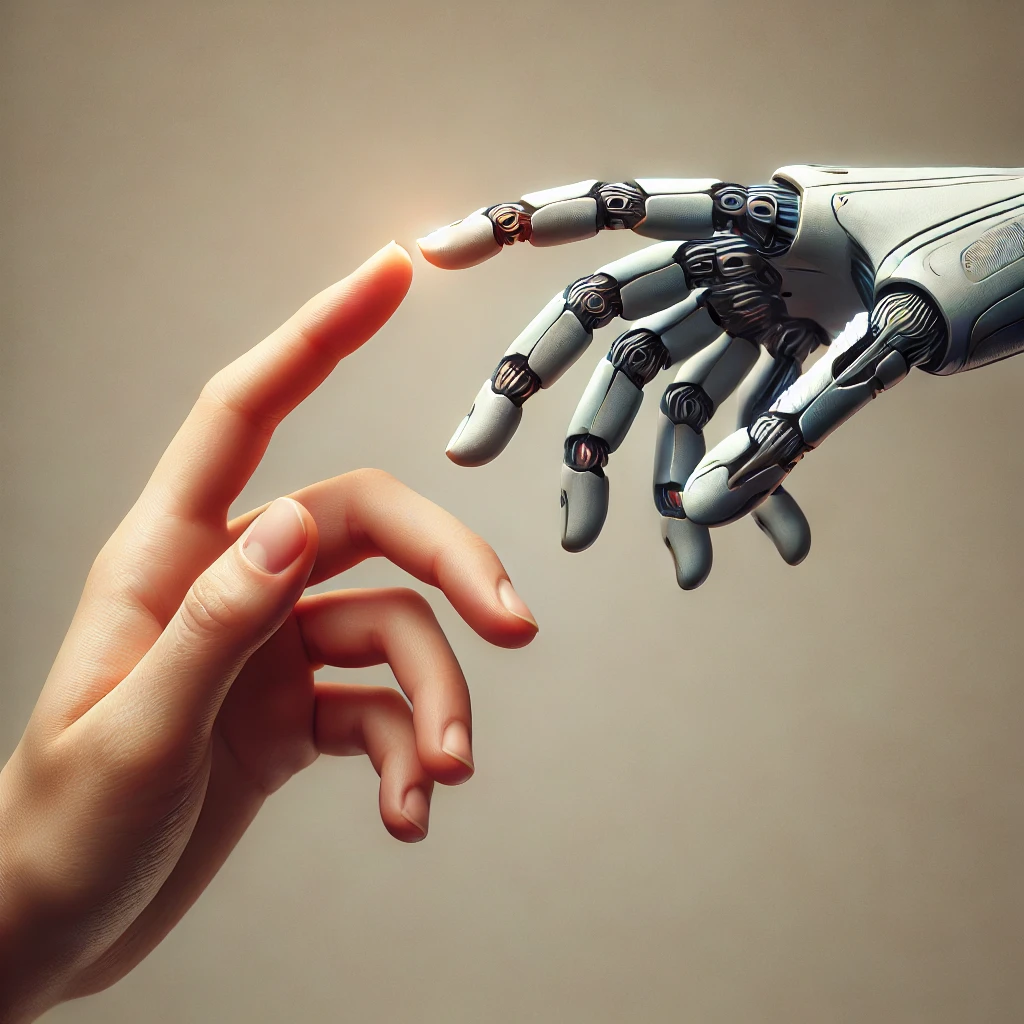By Gabrielle Ayoub, Licensed Cognitive Behavioral Psychotherapist
Artificial intelligence (AI) is everywhere. In a time when AI mattresses, AI toothbrushes, and even AI preachers exist, it’s no longer that surprising to find AI therapists. From diagnostic tools to AI-driven therapy sessions, this innovative tool has become more and more accessible. The rise of AI in mental health care feels like a natural progression, but we have to be careful of its limitations.
The Limitations of AI in Mental Health
Despite the promising capabilities of AI, it is essential to acknowledge why human therapists are irreplaceable.
- AI lacks the ability to genuinely understand and empathize with patients. Therapeutic relationships rely heavily on empathy, emotional connection, and the understanding of human experiences, which AI simply cannot replicate. Therapy is not just about exchanging information; it’s about building a relationship full of trust.
- Human emotions are complex, and each person’s experience is unique. Human therapists use their intuition, experience, and understanding of human behavior to navigate these complexities, while AI can’t recognize subtle emotions and body language, cultural contexts, and personal histories.
- AI in therapy raises significant ethical issues. Trusting AI with deeply personal and sensitive information can lead to breaches of confidentiality, and misuse of data such as the risk of misdiagnosis or inappropriate interventions.
- Clients need authentic trust to be able to build a good relationship with their therapist and get lasting results from therapy. AI systems are incapable of genuine human interaction, which is something that can make it difficult to have a proper therapeutic alliance.
- Human therapists can adapt their approach based on the immediate feedback and evolving needs of their patients. However, AI operates on preplanned algorithms, therefore cannot tailor interventions in real-time while considering the unique personality, history, and context of each patient.
The Safest Roles for AI in Mental Health
AI does have its limitations, but it can still play a role in mental health care without replacing human therapists.
- Assisting with administrative tasks, such as scheduling appointments and managing patient records. This way, therapists can focus more on direct patient care.
- Providing preliminary assessments that therapists can review and validate later, which can help them save time without completely relying on AI.
- Offering immediate support and resources to those in need during off-hours, until human interaction is available.
- Analyzing data to identify patterns, but only for informative purposes as it’s important for the human therapist to have their own judgment and personalized approach.
While AI can be a helpful tool in mental health care, it can’t replace the unique value of human therapists. The future of mental health care should focus on the irreplaceable qualities that human therapists bring, using technology to support and enhance their work, not replace them. Human empathy, understanding, and the ability to build real connections are the heart of effective therapy—things that AI simply can’t replicate.
